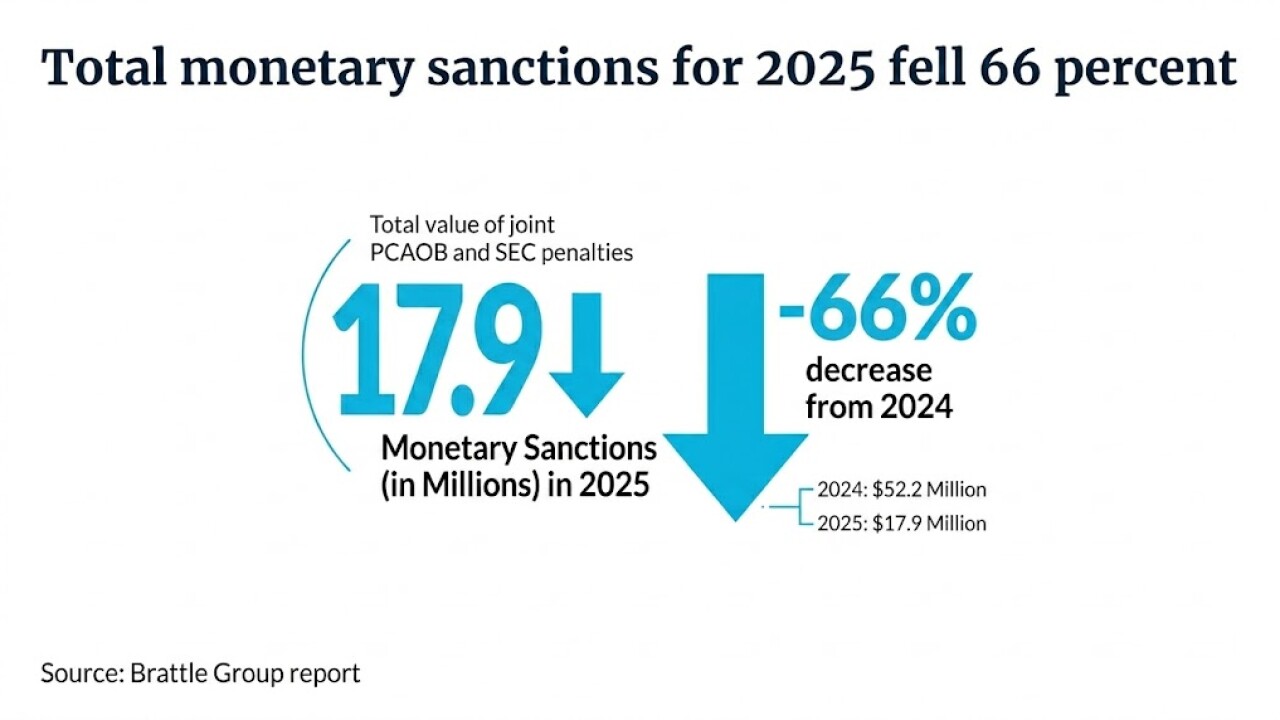The Internal Revenue Service has modified its “first time abate” policy, which provides a one-time consideration of penalty relief, based on the taxpayer’s compliance history, for taxpayers who have been subjected to a first-time penalty charge.
The
According to the policy, the FTA penalty relief option for failure to file, failure to pay and failure to deposit penalties, under certain conditions, does not apply if the taxpayer has not filed all returns and paid, or arranged to pay, all tax currently due. For example, the taxpayer is considered current if they have an open installment agreement and are current with their installment payments.
The FTA relief only applies to a single tax period for a taxpayer, the IRS noted. For example, if a request for penalty relief is being considered for two or more periods of a taxpayer, and the earliest period meets the FTA criteria, FTA would apply only to the earliest period, and not for all periods.
Penalty relief under the first time abatement provision does not apply to returns with an event-based filing requirement, such as
The IRS said it would base decisions on removing any future failure to file, failure to pay or failure to deposit penalties on any information taxpayers provide that meets reasonable cause criteria.
Taxpayers who have been billed for penalty charges who feel they have reasonable cause, should send their explanations with their bill to their





